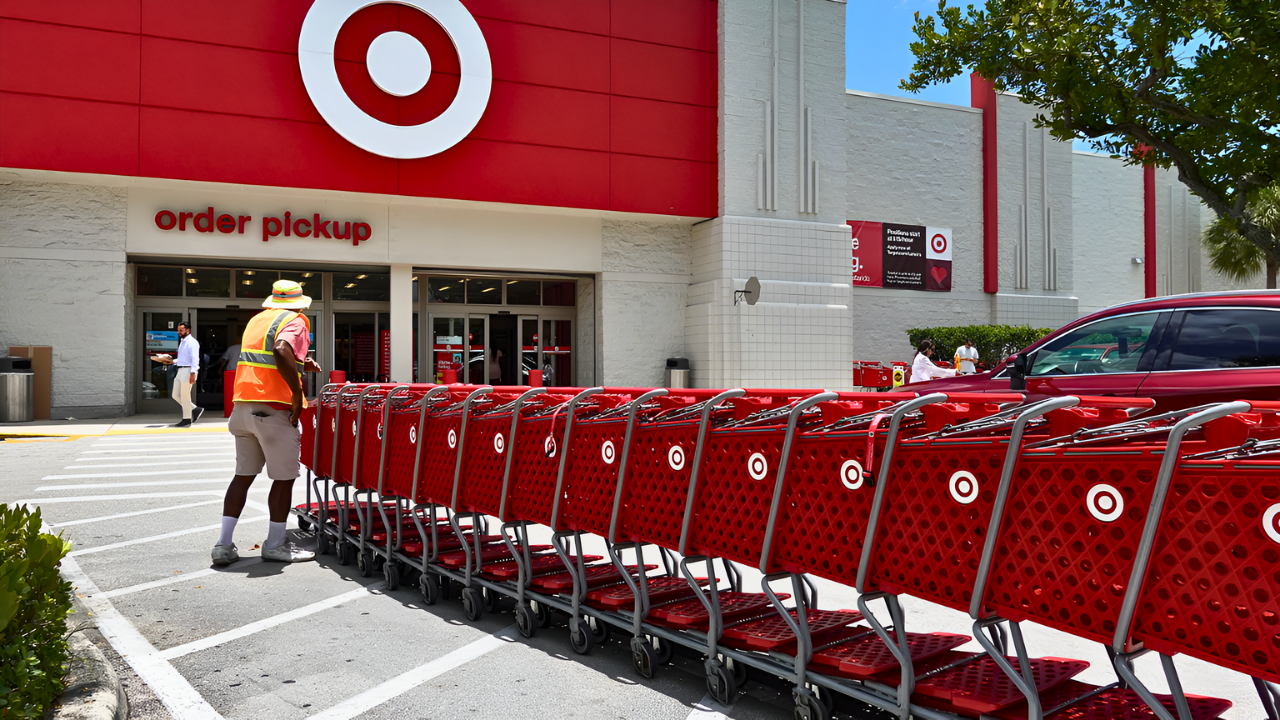
Multiple coordinated boycott campaigns are launching against major retailers during the 2025 Black Friday shopping season. “We Ain’t Buying It” and “Mass Blackout” movements urge Americans to avoid Amazon, Target, and Home Depot from Thanksgiving through Cyber Monday.
Organizers from Black Voters Matter, Indivisible, and Until Freedom frame campaigns as resistance to corporate diversity rollbacks and alleged immigration enforcement cooperation. The campaigns coincide with peak retail activity when millions shop nationwide.
Target’s 2025 Struggles Offer Cautionary Tale

Target has already endured significant financial consequences from consumer boycotts beginning in February 2025, providing real-world data on boycott effectiveness across retailers. CEO Brian Cornell resigned in August following extensive backlash against the company’s decision to wind down diversity, equity, and inclusion programs completely.
Target’s stock declined 33 percent following the DEI rollback announcement, erasing over $20 billion in market value. The company continues facing sustained pressure.
Operating Income and Revenue Reflect Measurable Impact
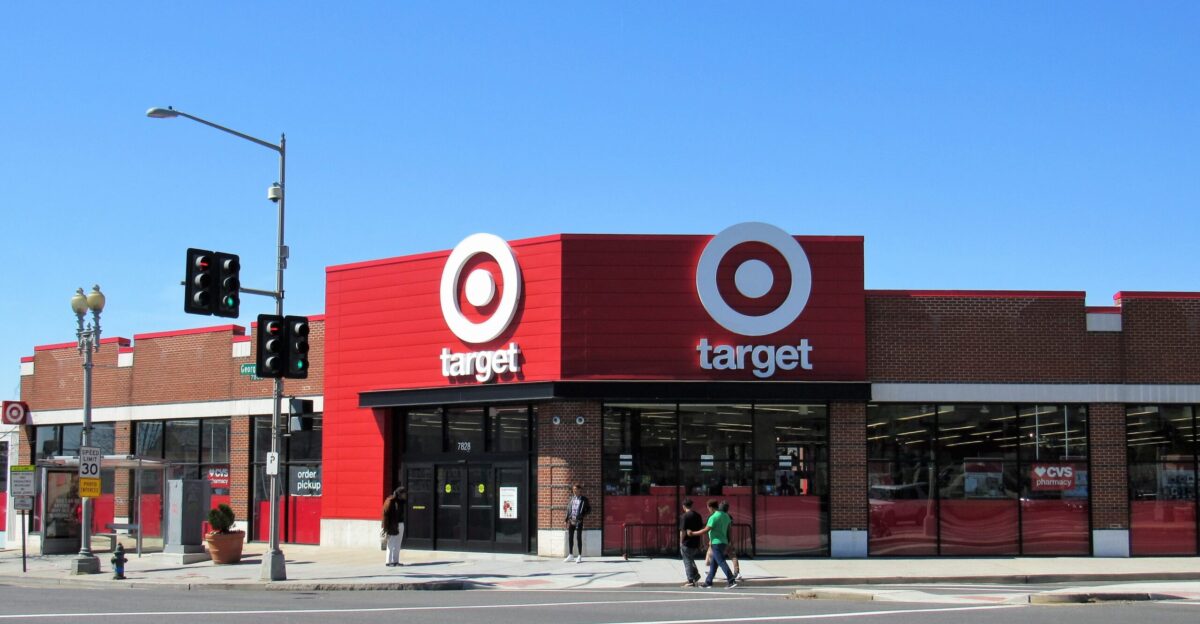
Target’s Q3 2025 financial results provide concrete evidence of boycott consequences on corporate earnings and shareholder value. Operating income plummeted 19.4 percent to $1.3 billion in Q2 2025.
Earnings per share dropped approximately 20 percent, reaching $2.05 per share. Revenue forecasts for the full fiscal year have been reduced by approximately $1.074 billion. Financial analysts cite the boycott impact as a contributing factor.
February’s Economic Blackout Showed Limited National Impact

An earlier 2025 boycott attempt on February 28 provides important data on actual versus projected boycott effectiveness across major retailers nationwide. According to Momentum Commerce data reviewed by Newsweek, Amazon’s U.S. sales actually rose 3 percent compared to an average Friday despite calls.
While peak-hour sales were slightly lower than typical, earlier sales compensated for the decline entirely. Economic experts emphasize the importance of postponed spending rather than lost revenue.
Expert Analysis: Boycott Effectiveness Depends on Duration

Retail analyst Marshal Cohen, chief retail advisor at Circana, explained that individual single-day boycotts face structural limitations in today’s consumer markets. “The market pie is just so big. You can’t afford to have your slices get smaller,” Cohen told media outlets discussing boycott impact.
Northwestern University professor Anna Tuchman cautioned that single-day boycotts may temporarily impact daily sales but rarely lead to sustained corporate changes. Duration matters significantly.
Boycott Effectiveness Limited by Economic Pressures on Consumers

Recent consumer behavior research reveals that structural constraints significantly and persistently limit boycott participation nationwide. Only 21 percent of consumers report boycotting brands for political reasons, a 10-percentage-point decline from 2021 survey levels.
According to Morning Consult analysis, inflation-driven economic pressures are primarily responsible for this shift downward among consumers. Budget flexibility has declined substantially.
“We Ain’t Buying It” Targets Specific Retailers November 27-December 1

The “We Ain’t Buying It” campaign specifically targets three retailers during a five-day window from November 27 through December 1, 2025, exclusively.
Black Voters Matter leads the coalition, citing Target for abandoning DEI programs under political pressure in 2025. Amazon is being targeted for allegedly providing funding to the Trump administration in exchange for corporate tax advantages and benefits. Organizers frame the boycott as economic resistance.
“Mass Blackout” Calls for Broader Economic Shutdown November 25-December 2

“Mass Blackout,” organized by more than 50 grassroots organizations, including 50501 and Blackout the System, calls for a more expansive boycott that will run from November 25 through December 2.
This broader campaign urges participants to refrain from all spending at major corporations and cancel streaming subscriptions completely. Unlike “We Ain’t Buying It,” “Mass Blackout” aims at comprehensive consumer participation across all major corporations nationwide. Small businesses are encouraged instead.
Home Depot Denies ICE Cooperation While Facing Market Headwinds

Home Depot faces dual pressures from boycott organizing efforts and challenging market conditions as it heads into the critical holiday season. The company explicitly denied boycott allegations, stating: “We are not coordinating with ICE or Border Patrol” on any level.
Home Depot maintained that it receives no advance notifications of immigration enforcement activities on company properties anywhere. Defense appears well-documented.
Home Depot Stock Performance Reflects Multiple Pressures

Home Depot’s stock has declined 8 percent this year amid broader retail sector challenges and added boycott pressure heading into Black Friday week.
The company’s Q3 2025 revenue grew 2.8 percent year-over-year to $41.35 billion, exceeding expectations. Adjusted earnings per share fell 1.1 percent to $3.74, disappointing analyst expectations. Operational headwinds persist.
Amazon Faces Multiple Boycott Allegations Over Political Issues

Amazon appears on boycott target lists for several reasons cited by organizers and activist groups nationwide during the holiday season. CEO Jeff Bezos donated $1 million to President Trump’s inauguration fund, raising questions about corporate-political alignment among critics.
Organizers also cite Amazon’s involvement in funding a $300 million ballroom construction project at the White House. Corporate influence concerns motivate boycotts.
Historical Boycott Examples Show Varying Effectiveness Levels

Recent boycott campaigns demonstrate that effectiveness varies dramatically based on specific factors and consumer alternatives available in each market. Bud Light’s 2023 boycott resulted in U.S. sales dropping up to 26 percent, causing the brand to lose its top position.
However, a 2020 Goya Foods boycott resulted in short-term sales increases from Republican consumers making countercultural purchases. Effectiveness varies considerably.
Starbucks Faces Extended Boycott With Documented Revenue Consequences
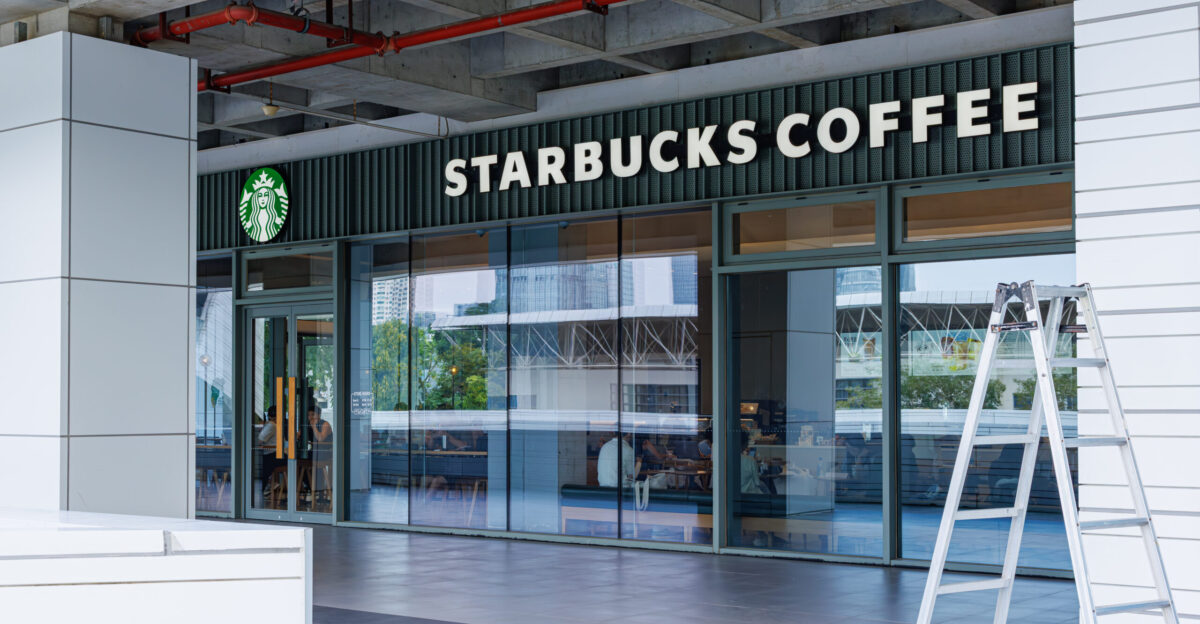
Starbucks has experienced sustained consumer boycott pressure resulting in measurable financial consequences over multiple quarters and years. The coffee chain has lost over $11 billion in revenue through ongoing boycott efforts since 2024.
The company now plans to close 500 to 1,000 stores worldwide in response to prolonged customer resistance. Starbucks demonstrates sustained impact.
Boycott Organizers Project Economic Impact Through Hypothetical Scenarios

Boycott organizers have developed theoretical economic impact projections to justify campaign scope and urgency to supporters nationwide heading forward. The “Mass Blackout” campaign suggests that if five million Americans refrain from working for 48 hours, it could produce substantial economic output losses.
After 72 hours of boycott participation, organizers theorize economic ramifications would expand significantly across multiple industries. Projections remain speculative.
Economic Uncertainty Complicates Sales Impact Attribution Efforts

Retail analysts emphasize the difficulty of isolating boycott-specific revenue impacts from other market factors during periods of economic uncertainty. During economic uncertainty driven by inflation and tariff threats, distinguishing boycott-driven sales declines from natural market dynamics proves extremely challenging.
Marshal Cohen explained that retailers often cannot clearly attribute specific sales declines to boycotts versus general economic pressures. Attribution remains difficult.
Participation Numbers Remain Unquantified Heading Into Holiday Weekend

Despite extensive boycott organizing and media coverage, actual participation estimates remain largely speculative and unverified as the holidays approach. Local organizers in Eugene, Oregon, estimated that approximately 15,000 participants were in the area during the boycott period.
However, no credible national polling or survey data quantify the expected participation rates in boycotts nationally or regionally. National scale unclear.
Retail Sector Shows Mixed Performance Signals Before Holiday Shopping

Overall retail sector performance in Q3 2025 provided mixed signals for the upcoming holiday shopping period nationwide. Total earnings for S&P 500 retail firms increased 18.5 percent year-over-year, despite individual company struggles being significant.
Amazon’s quarterly earnings surged 29.1 percent compared to the same period last year overall. Sector strength contrasts with individual company weakness.
Black Friday Expected to See Record Attendance But Lower Spending Growth
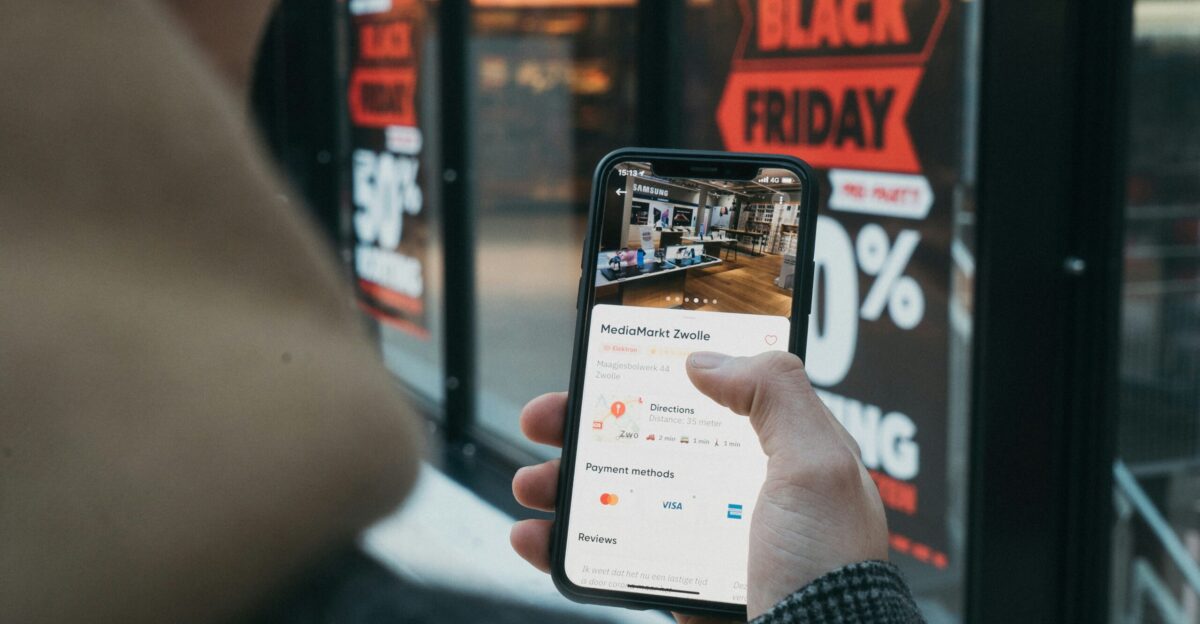
National Retail Federation projections show 186.9 million Americans plan to shop from Thanksgiving through Cyber Monday 2025 nationwide. However, sales growth projections have declined compared to those of prior years, with the NRF forecasting November-December sales growth of 3.7 to 4.2 percent.
Total holiday sales are projected to exceed $1 trillion for the first time. Slower growth anticipated.
Boycotts Test Corporate Accountability Against Economic Pressures
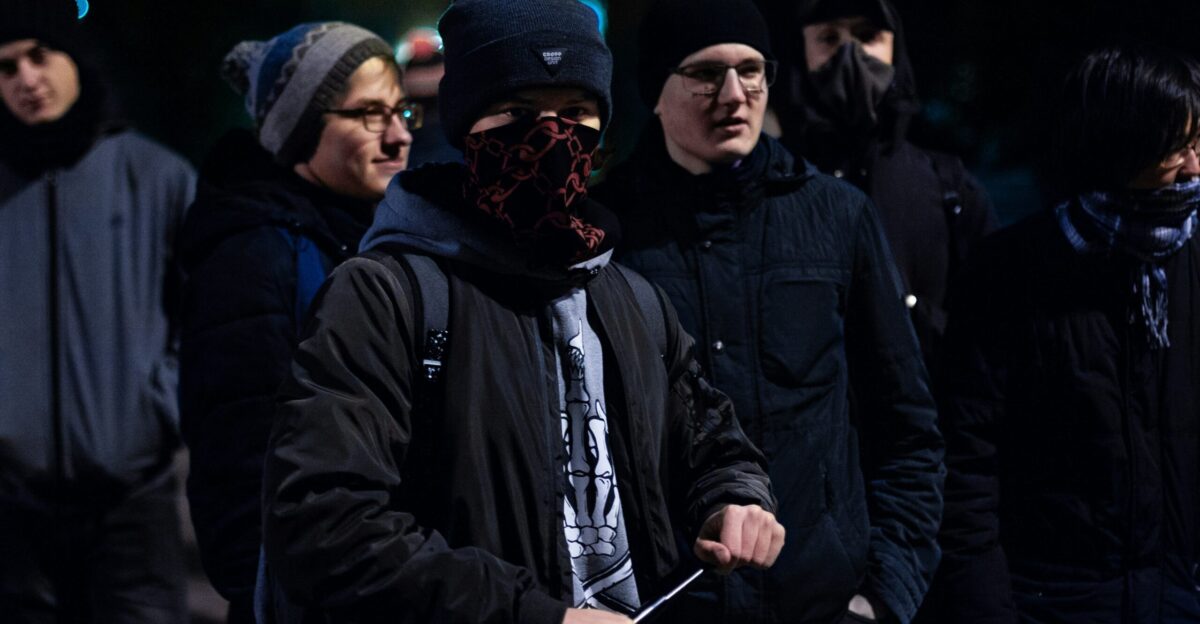
The converging boycott movements represent a significant test of consumer political activism against structural economic pressures and market forces.
While Target’s documented sales declines demonstrate that sustained boycotts can produce measurable consequences, the limited impact in February suggests that significant limitations exist. Experts emphasize that the effectiveness of a boycott depends critically on its sustained duration. Duration matters most.
Holiday Season Boycotts Provide Crucial Data on Consumer Activism

Whether “We Ain’t Buying It” and “Mass Blackout” campaigns achieve meaningful financial impact remains genuinely uncertain heading forward into the holidays. Historical data suggest that the actual impact often falls significantly short of organizer projections and consumer stated intentions during boycotts.
The holiday shopping season will provide crucial data about whether organized consumer movements can meaningfully influence corporate behavior. Results pending.
Sources:
National Retail Federation Q3 2025 retail forecast and holiday shopping projections
Momentum Commerce retail sales data (February 28, 2025 boycott analysis)
Newsweek economic boycott impact reporting
Circana retail analysis and Marshal Cohen commentary
Northwestern University consumer research (Anna Tuchman, Brayden King)
Emory Business School Business and Society Institute (Wes Longhofer analysis)
Morning Consult consumer behavior research and polling data